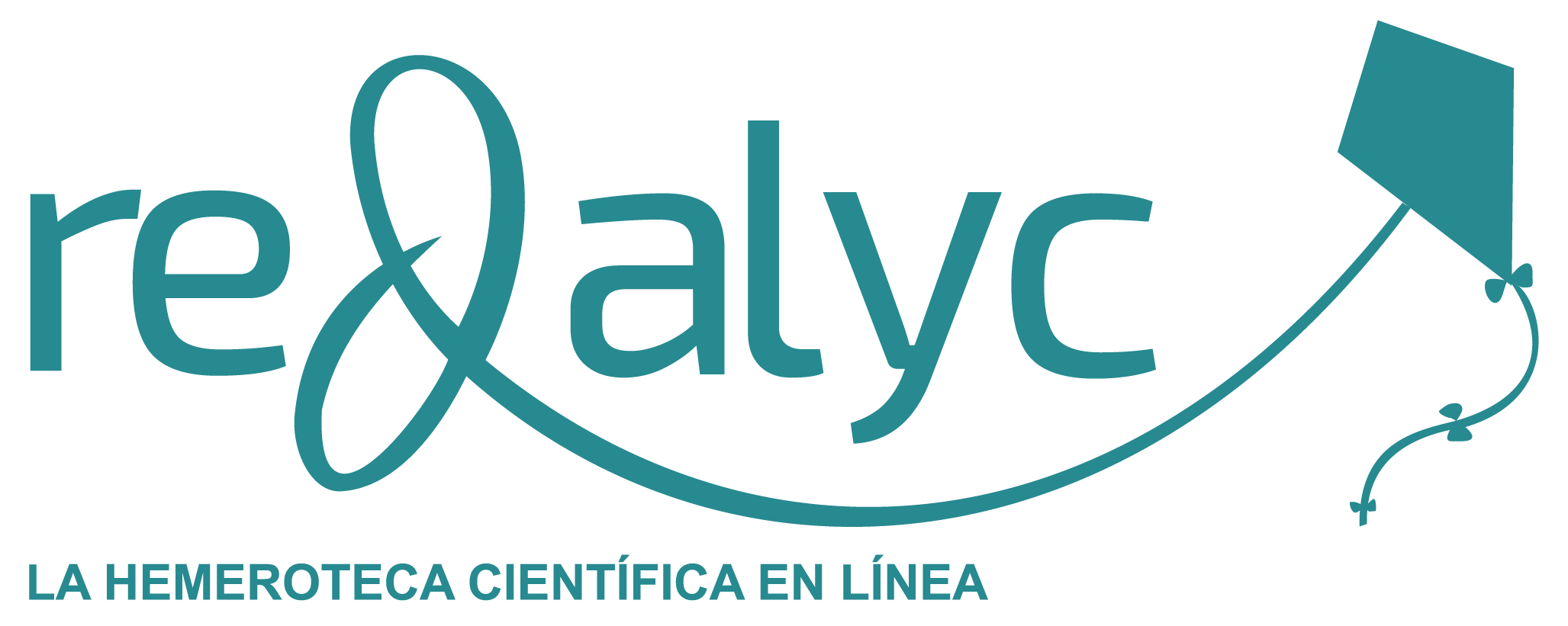Para que un sistema productivo sea considerado sustentable, este debe ser factible de satisfacer sus necesidades actuales, sin comprometer la posibilidad de satisfacer las necesidades de las generaciones futuras. En la actualidad, existen distintos tipos de herramientas que se pueden implementar a fin de poder determinar si un sistema es sustentable o no. Contar con este tipo de herramientas ajustadas para un sitio y tipo de productor determinado es de fundamental importancia a fin de poder clasificar rápidamente los sistemas y determinar cuáles aspectos son necesarios mejorar o modificar para alcanzar la sustentabilidad del sistema productivo. En este trabajo se estudió la sustentabilidad de un núcleo de agricultura familiar (NAF) de la provincia de Santa Cruz (Argentina) con el objetivo de probar un set de indicadores adaptado a la realidad productiva de los NAF de esta región. Para ello se tomó como base un caso real representativo de la provincia y se analizó su sustentabilidad general a través del uso de 20 indicadores divididos en tres dimensiones: ecológica, económica y sociocultural. El estudio estableció que el índice de sustentabilidad general del núcleo debe alcanzar un mínimo de 3 puntos y además lograr la sustentabilidad individual de cada una de las dimensiones para hacer sustentable al sistema. El NAF analizado obtuvo una puntuación de 2,97, cercano al límite establecido. Sin embargo, tanto la dimensión económica, como la ecológica, no alcanzaron la sustentabilidad en el análisis individual, por lo que el sistema analizado fue clasificado como no sustentable. El presente trabajo presentó una metodología que se mostró factible para relevar la sustentabilidad de los NAF de la provincia de Santa Cruz, presentando un set de indicadores que está adaptado a las condiciones de producción de la región. Contar con herramientas de este tipo es clave no solo para los productores del sector, sino también para las instituciones públicas y privadas las cuales podrían direccionar sus políticas y acciones a fin de detectar y fortalecer aquellos puntos esenciales para mejorar la sustentabilidad de los NAF de Santa Cruz.
Palabras clave: desarrollo rural, producción periurbana, agricultura intensificada.
ABSTRACT
For a productive system can be considered sustainable, it must be feasible to satisfy its current needs, without compromising the possibility of satisfying the needs of future generations. Nowadays, there are different types of tools that can be implemented in order to determine if a system is sustainable or not. Having this type of tools adjusted for a specific site and type of producer is very important in order to quickly classify the systems and determine which aspects need to be improved and / or modified to achieve the sustainability of the production system. In this work, the sustainability of a family farming nucleus (NAF) in the province of Santa Cruz (Argentina) was studied in order to test a set of indicators adapted to the productive reality of the NAF of this region. For this, a representative real case of the province was taken as a base and its general sustainability was analyzed through 20 indicators divided into three dimensions: ecological, economic and sociocultural. The study established that the general sustainability index of the nucleus must reach a minimum of 3 points, in addition to the obligation to achieve individual sustainability of the different dimensions to make the system sustainable. The NAF analyzed got a score of 2.97 points, very close to the minimum. However, both the economic and the ecological dimension did not achieve sustainability in the individual analysis, so the entire analyzed system was classified as unsustainable. This work presented a methodology that proved feasible to survey the sustainability of the NAF of the province of Santa Cruz, presenting a set of indicators that is adapted to the production conditions of the region. This typ of tools is important not only for producers, but also for public and private institutions which could direct their policies and / or actions in order to detect and strengthen those essential points to improve the sustainability of NAFs from Santa Cruz.
Keywords: rural Development, peri-urban production, agriculture intensification.
Contact: Birgi, J.A. birgi.jorge@inta.gob.ar











